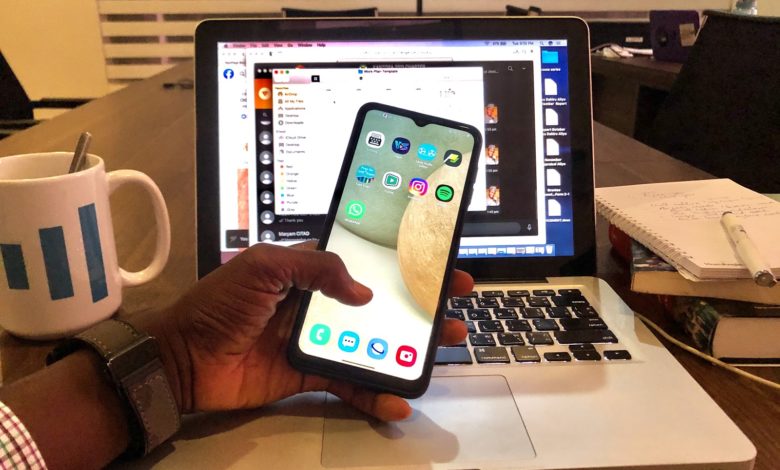Governments Targeting Activists With Spyware, Hampering Press Freedom In Africa – Report
There are fears that some governments across the world are using technology to spy on journalists and activists.

A report by the Committee to Protect Journalist (CPJ) has revealed how sophisticated spyware products sold to the governments in various continents, including Africa, were used to target the press and hamper freedom of speech.
CPJ said the spyware products were “designed to monitor a target’s activity without their knowledge.”
“Once on a victim’s device, it can provide an attacker with access to passwords, accounts, calls, emails, and encrypted communications; some versions can activate a cellphone’s camera and microphone to conduct surveillance.”
The spyware products, according to the report, were marketed to the governments to fight crimes but have been diverted to secret surveillance of journalists and their sources, thereby posing a great danger to the press freedom at global stage.
CPJ said it had contacted representatives of each government alleged to have purchased the spyware used to target journalists on the map for comment but none provided a substantive response.
The countries accused of negatively manipulating the softwares in the new report include Mexico, United Arab Emirates (UAE), Saudi Arabia, Morocco and Ethiopia.
However, a report by the University of Toronto’s Citizen Lab titled Running in Circles: Uncovering the Clients of Cyberespionage Firm Circles in Dec. 2020, pointed at how governments in Africa, including Nigeria, were also using Israeli surveillance tool to snoop at private citizens, activists and journalists.
The report listed Nigeria, Kenya, Zimbabwe, Botswana, Equatorial Guinea, Morocco, and Zambia as the African countries that have been employing Circles’ surveillance platforms to exploit flaws in telecoms systems and to access telephone calls, SMS messages and location services.
Circle surveillance tool is said to be affiliated with Tel Aviv-based NSO Group, a well known company exposed in a scandal after it was reported to have been used to exploit a vulnerability in the popular WhatsApp app to spy opposition organisers in several countries.
CPJ has since been working with human rights groups around the world to call for accountability in spyware sales, including joining an amicus brief in relation to a lawsuit against NSO Group in Dec. 2020.
WhatsApp has also accused NSO Group of facilitating efforts to spy on its users but the company denied the allegation.
However, CPJ said it would continue filing the suit.
Citizen Lab and WhatsApp said that over 100 journalists, activists, and other civil society actors were suspected targets of an attack which installed Pegasus via a WhatsApp vulnerability that the company has since fixed.
On it’s part, NSO Group said it licenses spyware solely to government agencies investigating crime and terrorism.
“We take the responsibility to ensure the proper use of our products very seriously and fully investigate any credible allegation of misuse,” the company told CPJ in a statement.
It added that it “was deeply troubled by the allegations put to us by Amnesty International, and immediately reviewed the information therein and investigated it to the extent warranted.”
Support Our Journalism
There are millions of ordinary people affected by conflict in Africa whose stories are missing in the mainstream media. HumAngle is determined to tell those challenging and under-reported stories, hoping that the people impacted by these conflicts will find the safety and security they deserve.
To ensure that we continue to provide public service coverage, we have a small favour to ask you. We want you to be part of our journalistic endeavour by contributing a token to us.
Your donation will further promote a robust, free, and independent media.
Donate Here




